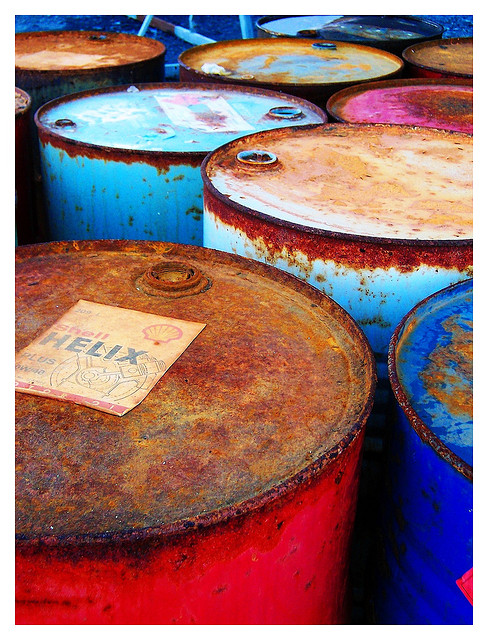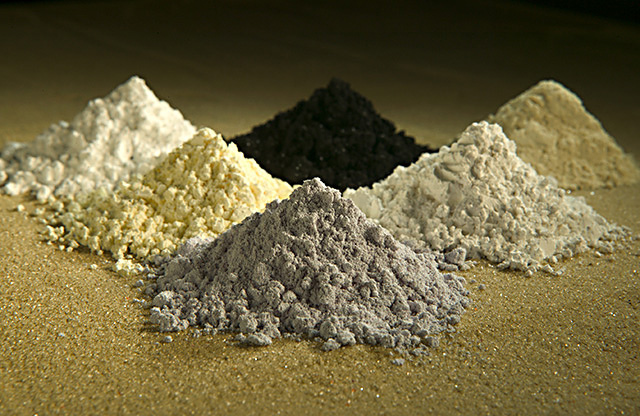Concerns over potential interest conflicts and market manipulation form the Congress has led the Federal Reserve to a consideration of further restrictions on the trading and storing of physical commodities by banks.
In a meeting yesterday the Fed posed 24 questions for discussion to its members, including some on the dangers of trading and owning commodities (such as oil, gas, and alumunium) by banks who deal with deposits and the potential advantages of imposing more capital standards.
“There has been a substantial increase since 2008 in the amount and types of commodities activities conducted by the firms we supervise,” says the testimony prepared by the Fed’s director of bank supervision, Michael Gibson, for a hearing by a Senate subcommittee today. “Moreover, recent catastrophic events involving physical commodities have increased concerns regarding the ability of companies to mitigate potentially extraordinary tail and other risks.”
The Fed stated it is examining the possibility of further restrictions in order to ensure that bank activities concerning physical commodities are carried out in safe and sound procedures. The central bank on its part said it will look into whether additional rules are needed once the public comment period comes to an end on 15th March.
A list of recent accidents and natural disasters, such as the 2010 explosion at Deepwater Horizon’s drilling rig that cost BP Plc over $42 billion by the end of 2012, have been cited by the Fed as instances of catastrophic occurrences that pose great risks to expose institutions.





